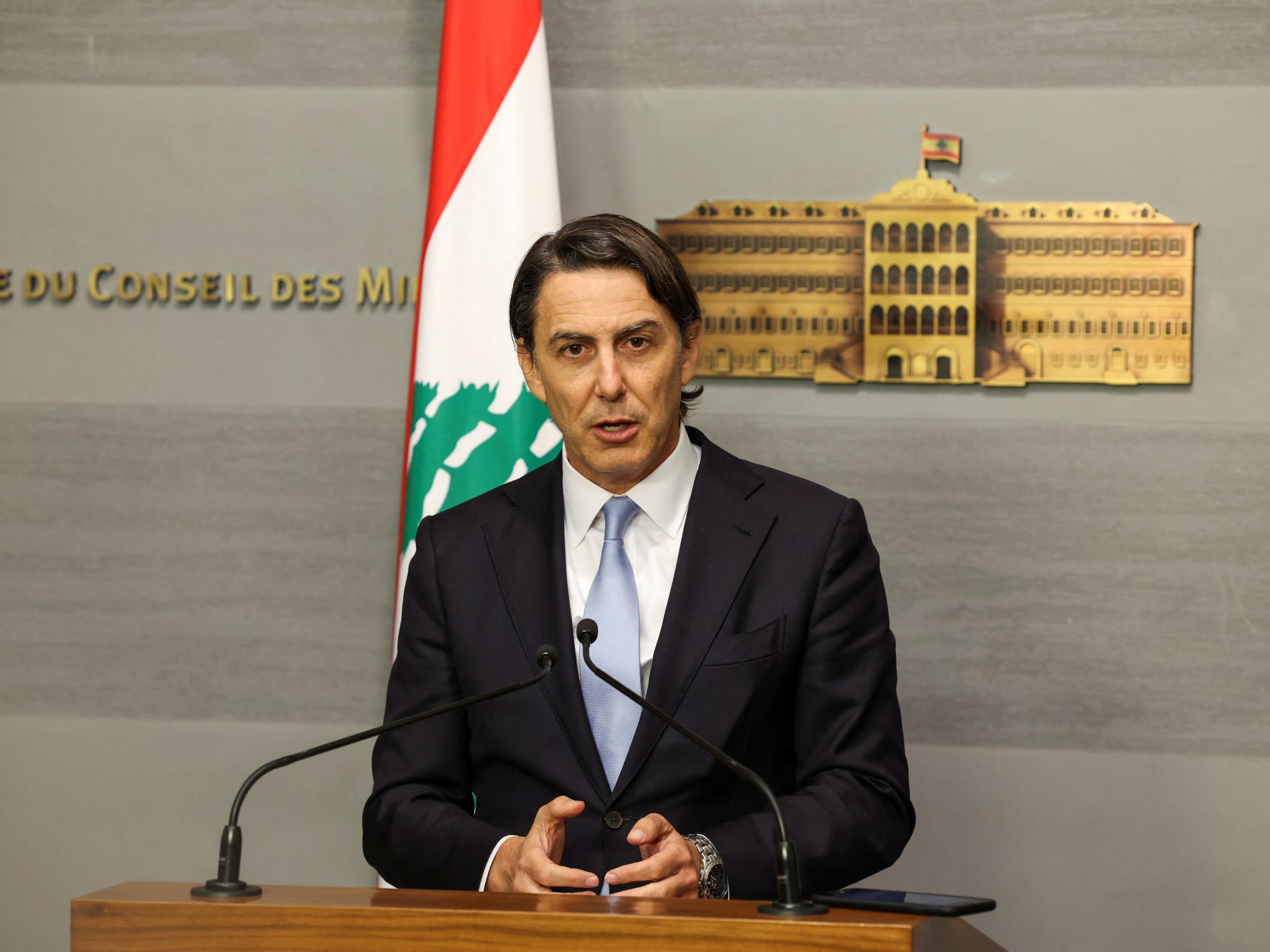Despite recent reports that Israel intends to keep a permanent presence in South Lebanon, Israeli envoy Amos Hochstein has stated that the country will completely withdraw from the country.
Hochstein’s statement on Monday came as Israel was withdrawing its forces from Naqoura, where the Lebanese army is stationed, west of the border.
According to Hochstein, who spoke to reporters in Beirut about the unofficial border between the two nations, “The Israeli military started its withdrawal from Naqoura, most of the western sector, and back into Israel proper today, south of the Blue Line.”
“These withdrawals will continue until Israel’s forces are completely expelled from Lebanon.”
However, the US official did not specify a timetable for the Israeli withdrawal.
Israel and Hezbollah reached a ceasefire agreement in November that required Israeli forces to leave Lebanon by January 26.
However, Israeli media reports suggested that the Israeli military would not adhere to the deadline.
After meeting Hochstein on Monday, Lebanon’s Prime Minister Najib Mikati said in a statement that “strongly rejected” any delay in the Israeli withdrawal from Lebanon.
Last week, the United Nations reiterated its call for a “timely” Israeli withdrawal from Lebanon.
In violation of the ceasefire, the Israeli military has been carrying out nearly daily attacks on Lebanon, including ground advances, airstrikes, and the destruction of homes in areas under its control.
Israel argues that it is enforcing the agreement, which says that Hezbollah must withdraw its forces to the north of the Litani River, about 30km (19 miles) from the Israeli border.
Hezbollah has continued to be under attack since the agreement’s implementation, with the exception of a single “warning attack” against an Israeli base last month.
Officials from Hezbollah have stated that they are allowing the Lebanese government to address the Israeli violations through diplomatic channels and the US-led “mechanism” to monitor the agreement.
However, Hezbollah’s leader Naim Qassem warned on Saturday that the group’s patience might run out before or after the 60-day period. “When we decide to do something, you will see it directly”, Qassem said in a televised speech.
In a campaign it claimed was intended to put pressure on Israel to end its offensive against the besieged enclave, Hezbollah launched an attack on Israeli military positions following the 15-month war that erupted in Gaza.
After nearly a year of low-level cross-border hostilities, Israel launched an all-out war in Lebanon, killing thousands of people and destroying large parts of the country.
During its onslaught, Israel dealt heavy blows to Hezbollah, assassinating several of its top military and political officials, including its powerful leader Hassan Nasrallah.
The Israeli army claimed that the majority of the group’s rocket arsenal had been completely destroyed.
However, Hezbollah claimed victory after the war, saying that it halted Israel’s ground advances and inflicted heavy damage on the invading soldiers. Throughout the conflict, the Lebanese group shot at Israel with drones and rockets.
Israeli Defense Minister Israel Katz reportedly warned on Sunday that if Hezbollah does not leave the border, Israel would be “forced to act” against the country.
Hochstein, however, suggested that a fragile ceasefire is still in effect. “This process is not smooth, but it is successful”, he said on Monday.

Leave a Reply